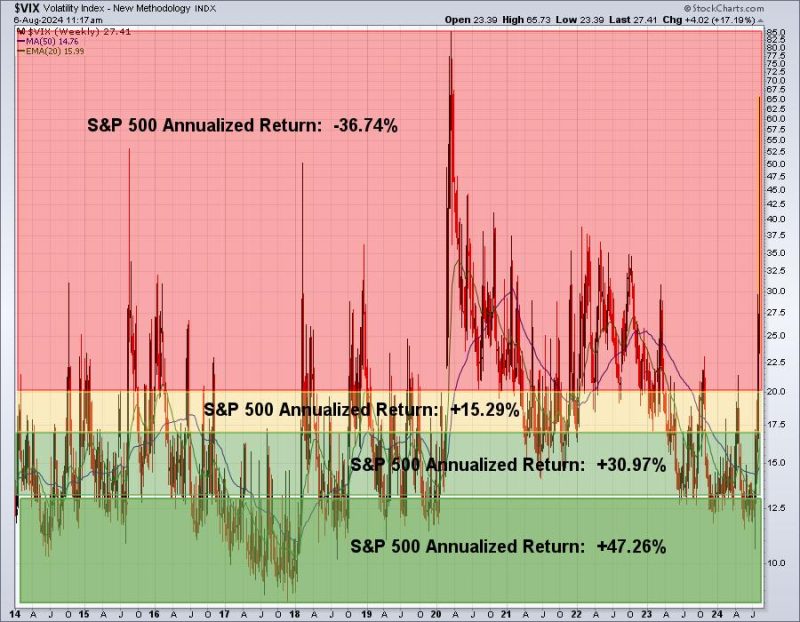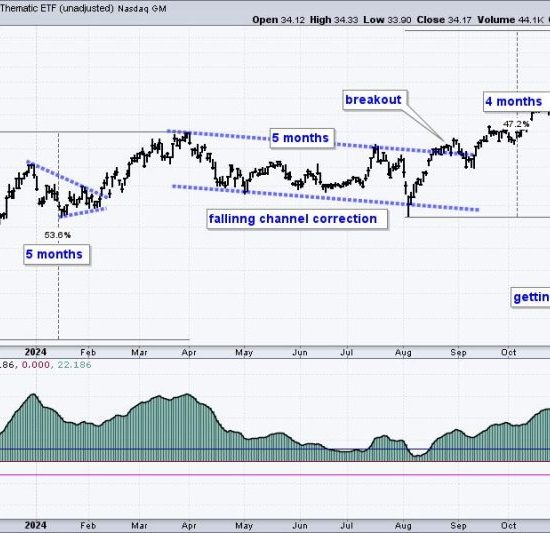In our world’s natural and cultural ecosystems, a variety of events and conditions can have far-reaching impact. More often than not, a number of occurrences lead to undesired outcomes, breaking our habitual comfort zone and stirring things up, often not in a good way. This article will focus on four such circumstances: natural disasters, economic downturns, socio-political clashes, and personal crises, highlighting the destruction and disarray they presumably lead to.
Beginning with the most natural phenomena, disasters due to extreme weather conditions and geological instabilities can cause significant disruptions in our lives and our environment. Earthquakes, hurricanes, floods, wildfires, don’t discriminate between rural and urban spaces, rich or poor grounds. They mutilate entire regions, leaving behind trails of devastation. From a personal perspective, people lose homes, livelihoods, and loved ones. The impact on infrastructure, agriculture, and local economies can take years, even decades, to recover. From a broader perspective, these disasters significantly disrupt ecosystems, leading to the loss of biodiversity and tipping the ecological balance.
Moving on to economic downturns, they are instances when economic activities take a negative turn, often reflected through shrinking businesses, increased unemployment rates, and falling incomes. The recession of 2008 is an excellent example, where countless people worldwide lost their homes and jobs, and many countries were on the brink of bankruptcy. Even today, the shockwaves of that global economic crisis can still be felt. Similarly, in a time when our world is increasingly interconnected, an economic slump in one region can have a domino effect, triggering economic stagnation in various parts of the world.
On a more societal front, socio-political clashes such as wars, protests, strikes, and civil unrest can lead to widespread disruption. The Syrian civil war is a grim example of how a political disagreement can collapse an entire nation, leading to rampant loss of life, destruction of infrastructure, and displacement of people. More localized societal clashes, like protests and strikes, can disrupt normal life, causing loss of wages, school days, and general peace.
Last but not least, personal crises such as sudden illness, death of a loved one, or loss of employment can significantly impact a person’s life. These crises can lead to substantial financial strain, emotional distress, and overall lifestyle changes. It is often forgotten that personal crisis is a collective issue, as it drains societal resources and creates a ripple effect on communal cohesion and harmony.
In conclusion, a variety of occurrences in our life and environment can lead to conditions where not much good takes place. Whether they be natural disasters, economic downturns, socio-political unrest or personal crises, all lead to destruction, chaos, and distress. However, it is critical to remember that these scenarios also inspire resilience, innovations, and societal interventions. Sometimes, it’s in the darkness that we truly see the light. It is in our collective responses to these challenges where we see the remarkable potential of humanity to prevail, grow, and transform.




